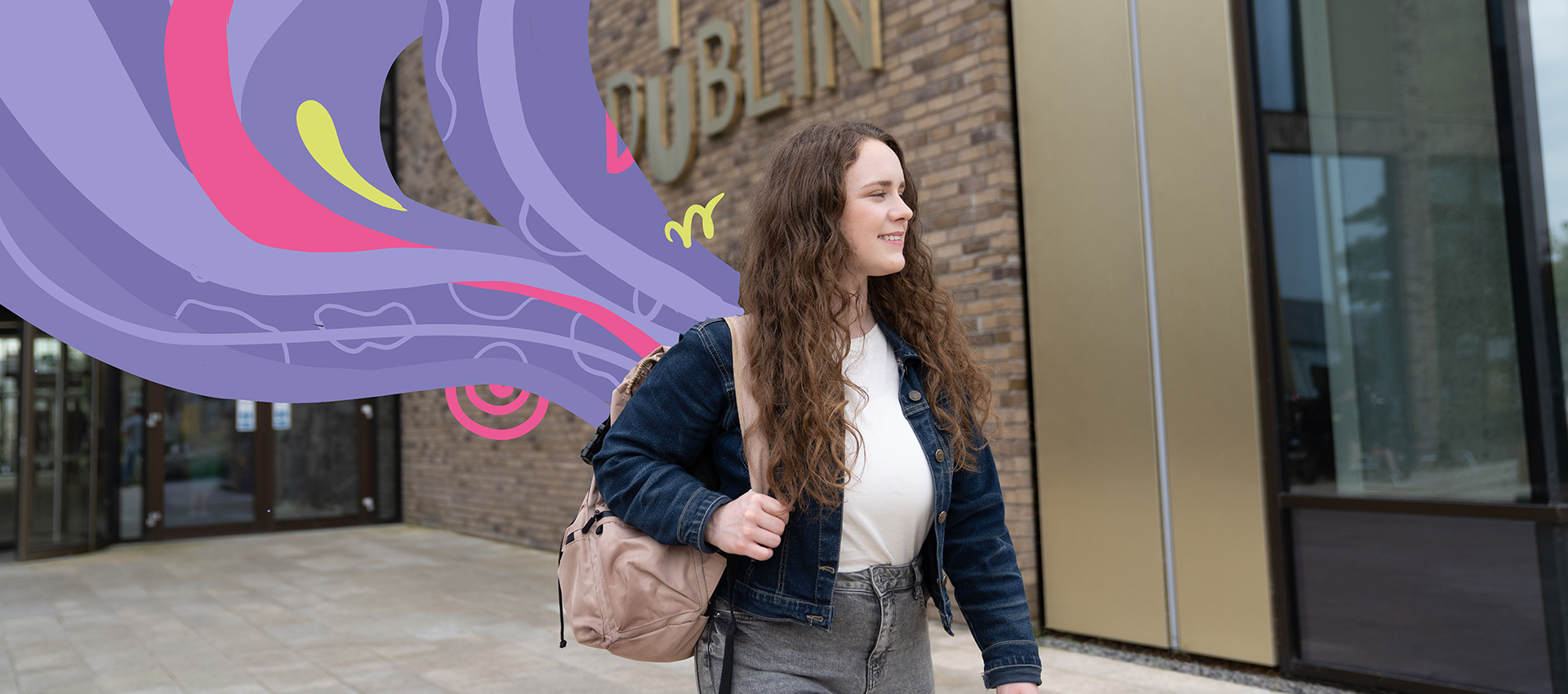This Major in Music Performance is suitable for students who wish to specialise in Performance. Students should have a high level of performance in one of the following areas: Piano/Organ, Voice, or an Orchestral instrument (all Classical). Students wishing to specialise in Irish Traditional Music, are directed to the Major in Irish Traditional Music. Entry to the Performance Major is by audition, details of which are available on the Conservatoire website.
All students will study core modules in Aural, History and Composition/Theory to meet the criteria of core subjects in music degrees. For students wishing to progress to the PME, we have included other statutory modules (as options) to meet Teaching Council requirements.
As a student, you will have twelve mandatory modules (assuming the Major commences in Year 2) totalling 70 ECTS credits. This increases to 75 ECTS credits for students who take the Performance module in Year 1. You will also be able to choose from optional modules and pathways as you progress through the Major. The Performance and Ensemble modules provide experience in solo and collaborative performance. These are complemented by supporting academic/practical modules in History, Composition (theory) and Aural.
Students will practise, develop and demonstrate development in all skill areas of performance, as well as acquiring a contextual cultural and analytical understanding of the music. There are a range of optional modules that enable students to further explore performance opportunities through the participation in Chamber Music modules; there are options to develop Professional and Music Technology Skills, and options to expand historical studies by taking modules in Irish Traditional Music and World Music.
The Performance modules in Years 3 and 4 build to a 20-minute and 20-25-minute solo recital.
ECTS Credits: 100
- Total Number of Mandatory credits to be taken (excluding the capstone project): 60
- Total Number of Optional credits to be taken: 30
- Total Number of Credits for the Capstone Project:10
What is the latest (semester) a student can select the Major:
Spring Recess 2nd Year
- Composition Studies 1
- Foundations of Musical Theory
- Aural 1
- Performance 1
- History of Music 1
- Performance 2
- Composition Studies 2
- Aural 2
- History of Music 2
- Ensemble 2
- Performance 3
- Ensemble 3
- Ensemble 4
- Capstone* Performance 4
- Keyboard Skills
- Introduction to Irish Traditional Music Past and Present *Needed for teaching council requirements
- Technology and Professional Studies 1 *Needed for teaching council requirements
- Chamber Music and Conducting 1
- Chamber Music and Improvisation 1
- Technology and Professional Studies 2
- Introduction to Analysis and Inst./Vocal Teaching
- Studies in Music History and Performance Practice 1
- Technology and Professional Studies 3
- Chamber Music 3
- Studies in World Music
- Professional Studies 4
- Studies in Music History and Performance Practice 2
Students who choose this Major should already have a proficient level of performance in their chosen instrument or voice. They should also have a desire to explore the possibility of becoming a professional musician and have ambitions in terms of developing their craft to an advanced level, as a performer.
The Conservatoire model is specifically designed to educate performing musicians. Throughout the programme, students will have opportunities to perform both in solo and ensemble contexts (including chamber and larger groups) and will continue to refine their craft through regular participation in public performances, competitions and examinations.
This Major is designed to stimulate the creative potential of the performer and is devised with a wide variety of complementary modules in composition, music history, pedagogy, aural awareness, music research and professional development.
Graduates of the major in Music Performance on the Arts programme are likely to pursue career opportunities in many sectors. The most obvious graduate destination is a career as a Classical performing artist, but many graduates opt for a ‘portfolio career’ which embraces multiple aspects of musical life, all of which are included in the extensive module provision at the Conservatoire. It is the ideal Major for those with a real interest in becoming professional performers or instrumental/vocal teachers.
Suitably proficient students have options to continue their studies in the Conservatoire on the MMus programme: for example, in 2026 we will be introducing a new Pedagogy stream on the MMus for performers wishing to attain a Level 9 qualification with an emphasis on individual instrumental/vocal tuition.
Graduates of this course could find themselves
- Working in professional orchestras, opera companies and as soloists/chamber musicians
- For keyboard instruments, working as Church Musicians and/or accompanists/repetiteurs
- Pursuing professional postgraduate study to qualify as primary school teachers or to qualify and register with Teaching Council for second-level teaching
- Pursuing postgraduate study in new or complementary areas of interest, and for which a major in Music Performance provides an ideal background.
- Working as teachers of their instrument/voice in Music Schools/Academies/Conservatoires

